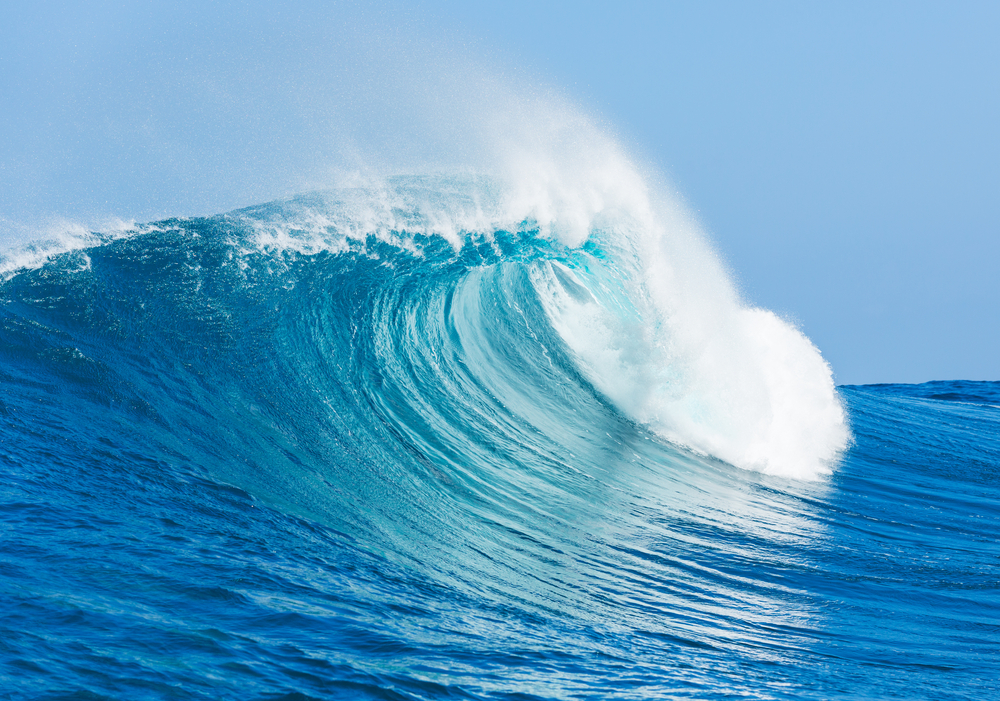There has been a huge increase worldwide in the number of announced mergers and acquisitions with enormous values. Are these mergers actually being realized? Is there now a big wave of mergers and acquisitions also arriving in the Netherlands so this is a good time to sell my company?
Strong rise
“The acquisition market is picking up solidly this year” headlines KPMG in an August 7, 2014 article in accountancy news. “Compared to the last six months of last year, the number of mergers and acquisitions announced in the first six months of 2014 increased worldwide by more than 25%.” Especially spectacular is the total transaction value of announced mergers and acquisitions, which is actually up by 79%! How can this be explained and are announced mergers actually being realized?
The explanation for the huge increase seems very easy. In recent years, the larger companies have accumulated large financial reserves through limited investment policies. Now that the global economy is improving, resources must be invested at an accelerated rate. With this, financing seems less and less of a problem because acquisitions are more often paid for from their own resources. But there is more going on. In certain sectors, yet another massive consolidation is taking place. Especially in pharmaceuticals, a large number of transactions have been announced, all with very high values. Bids are solicited and unsolicited. Examples are Shire’s USD 46.5 billion (hostile) bid for pharmaceutical AbbVie and Pfizer’s USD 100 billion bid for Astrazeneca. Other examples are in telecom: Time Warner Cable’s acquisition of Comcast for USD 45 billion and AT&T DirecTV for USD 48.5 billion. All nice statistics but the question is whether these announced transactions all go through.
Why are transactions stalling?
Many transactions are increasingly dropping off at the last minute. In our practice, this phenomenon is referred to as low deal certainty. The defection of the transaction can have a variety of causes. The main cause is that the transaction is scrutinized to the bone to make sure that a cat in the bag is not bought. This minimizes the risk to the buyer. That means lengthy research by all kinds of experts in the data room and a thorough recording of all risks and guarantees in the acquisition contract.
If something is found in the data room it often has consequences for the terms of the transaction. In most cases, the price is renegotiated. In addition, transactions are less likely to go through because of disappointing numbers, even in the current economic climate. So-called “current trading,” or the company’s sales are deteriorating or are not stable. This is another reason for the buyer to renegotiate the price. Acquisition processes are therefore long, complex and detailed.
Politics as a new stakeholder
Not only complexity determines the realization of transactions but increasingly politics. The latter is increasingly interfering in the larger international deals and putting a stop to the transaction. Fear of job loss, information leakage and protection of their own economy are reasons for doing so. Ultimately, the transaction between Pfizer on Britain’s AstraZeneca was prevented in part by British Prime Minister Cameron and Pfizer withdrew its bid. While the transaction between GE and France’s Alstrom could not be prevented by French President Hollande, conditions and guarantees could be enforced to protect French interests. So in short there is a lot of dynamism going on in the international M&A markets but not always with the intended success yet.
Please be patient.
What does this mean for the Dutch market? First of all, we don’t have the big transactions with huge values here. Also, we are doing a lot worse in the numbers than Europe and worldwide, for example. In Europe and worldwide, the number of transactions in the mid-market up to €500 million rises by around 25% and 22% respectively, while the Benelux realizes a growth of only 6%. For transactions up to €50 million, growth in the Netherlands appears even lower. For small transactions up to €50 million, the increase in transactions worldwide is limited to 6% , Europe 2.3% and only 2% in the Benelux.
Well experience does show that merger and acquisition waves are first initiated globally, then go to Europe and so come to the Netherlands. These waves also find their way from large to smaller companies. It will not be long before the waves reach us. A little more patience shall we say, but it is coming!
By Maarten Vijverberg; original blog BoerCroon


Leave A Comment